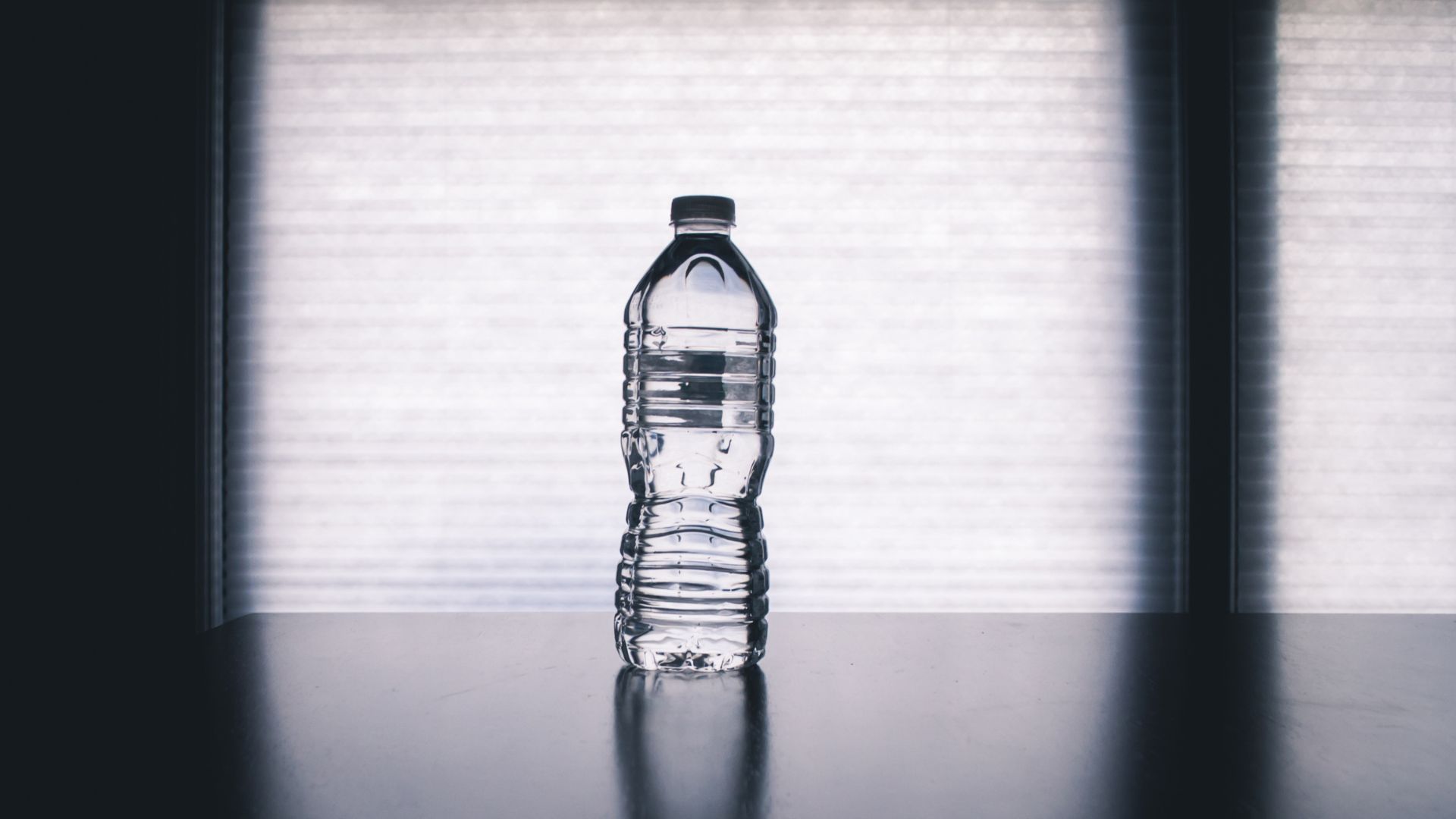Water is essential to human survival, and it is recommended that adults drink at least eight glasses of water per day. Sometimes, people may choose to store bottled water for convenience or in emergency situations. However, it’s essential to know the shelf life of bottled water, especially after it has been opened, to avoid any potential health risks.
Bottled water is a convenient way to access clean drinking water, but it can be confusing to determine how long it can last. Some may assume that water does not expire, but this is untrue. While water does not spoil like food, it can still be affected by external factors that can impact its taste and quality.
The main question that will be answered in this article is how long can bottled water sit out after it has been opened? Additionally, we will explore the shelf life of bottled water in general, how to properly store bottled water, and the risks of drinking contaminated water.
There are several reasons why people choose to store bottled water. One reason is convenience. Bottled water is easily accessible and portable, making it an excellent option for those on the go or who may not have access to clean drinking water. Another reason is emergency situations. In natural disasters or other emergencies, having a supply of clean drinking water can be a lifesaver.
Despite the benefits of bottled water, it’s essential to understand the shelf life of this product. While many may assume bottled water lasts forever, it can go wrong if not stored correctly or if it has been opened for too long.
In the following sections, we will explore the shelf life of bottled water, how to avoid contamination, proper storage tips, and answer the central question of this article: how long can bottled water sit out after it has been opened? By the end of this article, you will better understand the shelf life of bottled water and how to properly store it to ensure that it remains safe for consumption.
The Shelf Life of Bottled Water
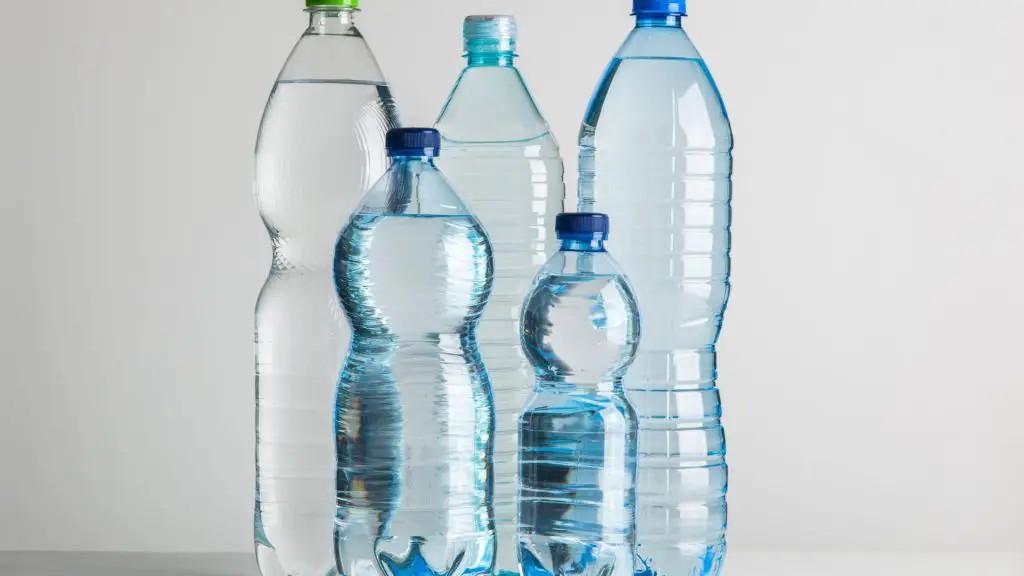
Bottled water typically comes with an expiration date, but what exactly does that mean? The expiration date on bottled water indicates when the manufacturer believes the water will begin to lose its quality and taste. While it’s still safe to consume water after its expiration date, it may not taste as fresh or have a stale or flat taste.
Several factors can affect the shelf life of bottled water, including the type of bottle it’s stored in, the temperature and environment it’s stored in, and exposure to light.
For example, water stored in plastic bottles may be more susceptible to leaching chemicals from the plastic over time, which can affect its quality and taste. Additionally, water stored in a warm environment may have a shorter shelf life than water stored in a cool environment.
Different types of bottled water may also have other shelf lives. For example, carbonated water may have a shorter shelf life than still water due to the carbonation process. Similarly, flavored water may have added ingredients that can affect its shelf life and taste over time.
It’s important to note that the expiration date on bottled water is not a guarantee of safety or quality. The shelf life of bottled water can vary depending on various factors, and it’s essential to use your judgment and senses when consuming water past its expiration date. If water appears cloudy, has an unusual taste or smell, or has any visible particles or sediment, it’s best to discard it and use a fresh bottle.
To maximize bottled water’s shelf life, properly storing it’s essential. Bottled water should be stored in a cool, dry place away from direct sunlight and heat sources. Avoid storing water in areas prone to temperature fluctuations, such as a garage or basement. It’s also essential to keep bottled water away from chemicals or other substances that could contaminate it.
In conclusion, the expiration date on bottled water indicates when the manufacturer believes the water will begin to lose its quality and taste.
However, the shelf life of bottled water can be influenced by several factors, including the type of bottle, the temperature and environment it’s stored in, and exposure to light. Properly keeping bottled water can help maximize its shelf life and ensure it remains safe for consumption.
Water Contamination Risks
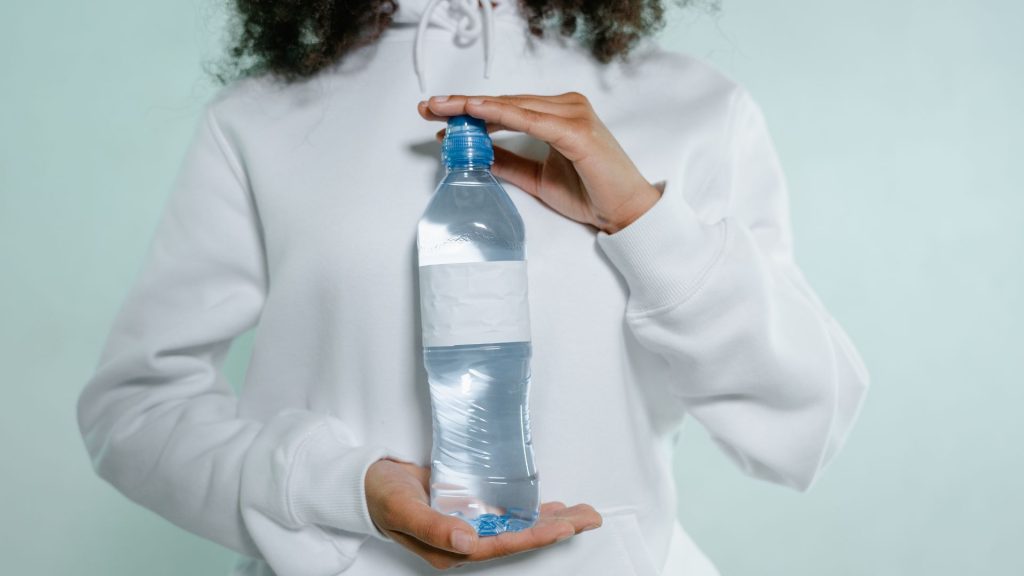
Contamination of bottled water can occur in several ways. One common way is through improper handling or storage. If water is stored in unsanitary conditions or comes into contact with contaminated surfaces or hands, it can become contaminated with harmful bacteria, viruses, or parasites.
Another way that bottled water can become contaminated is through the manufacturing process. If the bottling equipment is not adequately cleaned and sanitized, it can lead to harmful substances in the water. Additionally, some types of plastic bottles may contain chemicals that can leach into the water over time, leading to contamination.
Drinking contaminated water can lead to a range of health risks. Some of the most common health risks of drinking contaminated water include gastrointestinal issues such as nausea, vomiting, and diarrhea. In some cases, drinking contaminated water can also lead to more severe health problems, such as kidney failure, liver damage, or neurological issues.
To avoid contamination of bottled water, taking proper precautions when handling and storing the water is essential. When holding bottled water, washing your hands thoroughly before touching the bottle or its cap is necessary. Additionally, it’s vital to keep the water in a clean, dry place away from sources of contamination.
When opening a new bottle of water, it's a good idea to wipe down the outside of the bottle and the cap with a clean cloth to remove any potential contaminants. It's also important to avoid reusing bottles that have previously held other liquids, as this can increase the risk of contamination.
To further reduce the risk of contamination, it’s essential to choose bottled water certified by a reputable organization, such as NSF International or the International Bottled Water Association. These organizations have established standards for bottled water quality and safety, and products that meet their standards are more likely to be free from harmful contaminants.
In summary, contamination of bottled water can occur through improper handling or storage, as well as through the manufacturing process. Drinking contaminated water can lead to various health risks, including gastrointestinal and more severe health problems.
To avoid contamination, it’s essential to take proper precautions when handling and storing bottled water and choose products certified by reputable organizations.
Water Storage Tips
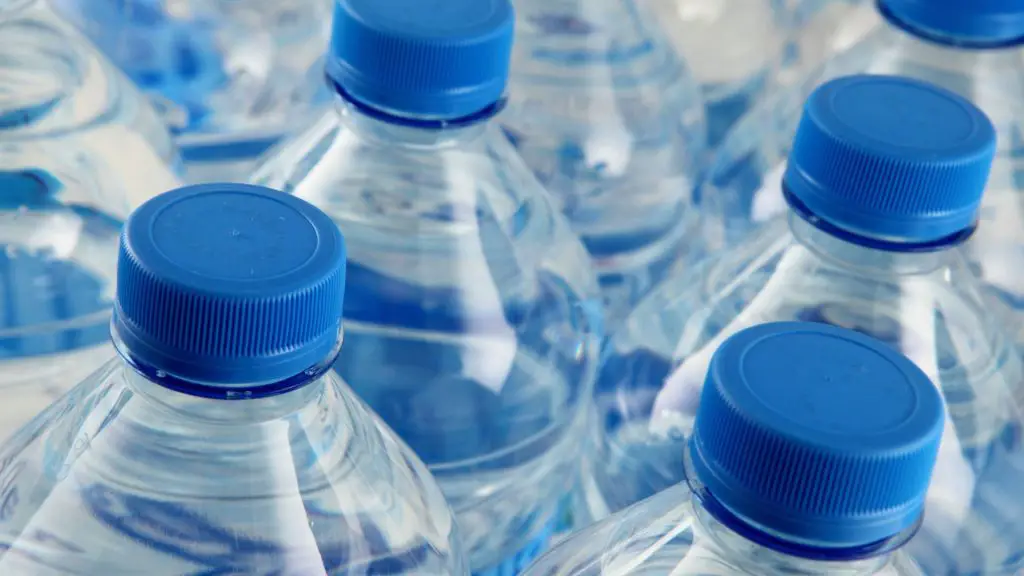
Proper bottled water storage is crucial for maintaining its quality and safety. Bottled water should be stored in a cool, dry place away from direct sunlight and heat sources. Exposure to high temperatures and sunlight can cause the plastic to degrade, which can lead to the release of harmful chemicals into the water.
It’s essential to choose a storage location that is clean and free from potential sources of contamination, such as chemicals or pests. Storing bottled water near cleaning supplies or chemicals can increase the risk of contamination, as can keeping it in areas where problems such as rodents or insects are present.
In addition to temperature and contamination considerations, it’s also important to be mindful of the expiration date of the bottled water. While bottled water does not typically “go bad” in the same way that food does, it can still degrade over time and lose its quality and taste. It’s essential to check the expiration date on the bottle and use the water before that date has passed.
Another consideration when storing bottled water is the type of bottle that it comes in. Some types of plastic bottles can degrade more quickly than others and may be more likely to release harmful chemicals into the water over time. Glass bottles, on the other hand, are less likely to degrade and can be a good choice for long-term storage.
In summary, proper bottled water storage is essential for maintaining its quality and safety. Bottled water should be stored in a cool, dry place away from direct sunlight and potential sources of contamination. It’s also important to be mindful of the expiration date and the type of bottle the water comes in when storing it for long periods.
Does Water In Glass Bottle Expire? Glass Vs. Plastic Bottles
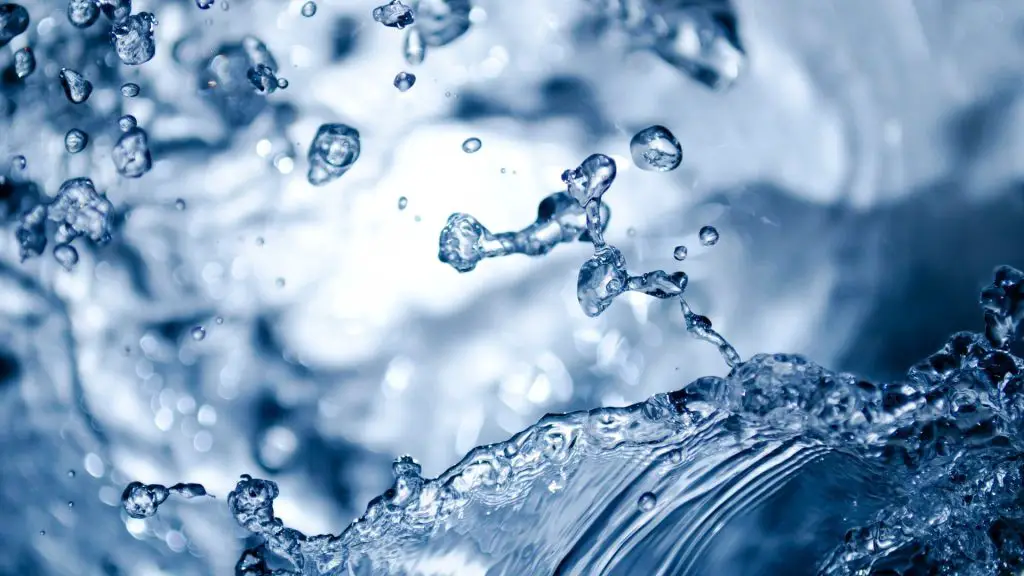
Glass bottles are an alternative to plastic bottles for storing water, and they have unique advantages and disadvantages. One question often arises is whether water in a glass bottle can expire or go wrong. The answer to this question is yes and no, depending on a few factors.
First, it’s important to note that water itself does not have an expiration date. Unlike food products, water does not spoil or go wrong in the traditional sense. However, water can still degrade over time, particularly if it is stored improperly or in a container not designed for long-term storage.
The shelf life of water in a glass bottle can vary depending on a few factors. One important consideration is the quality of the water itself. If the water is not purified correctly or filtered before being bottled, it may contain contaminants that can cause it to degrade more quickly.
Another factor that can affect the shelf life of water in a glass bottle is the quality of the bottle itself. Glass bottles are less likely to degrade over time than plastic bottles. However, they can still be susceptible to cracks or breaks that allow air or contaminants to enter. Handling glass bottles carefully and inspecting them regularly for signs of damage is essential.
Compared to plastic bottles, glass bottles are generally considered a safer and more environmentally-friendly option for storing water. Glass is non-toxic and does not contain harmful chemicals that can leach into the water over time. In addition, glass bottles are more easily recyclable than plastic bottles and can be reused multiple times.
However, glass bottles also have some disadvantages compared to plastic bottles. They are heavier and more fragile, making them more difficult to transport and store. In addition, they may not be as convenient for on-the-go use as they can be more cumbersome.
In summary, water in a glass bottle does not expire in the traditional sense. However, it can still degrade over time if stored improperly or in a bottle not designed for long-term storage. Glass bottles are generally considered a safer and more environmentally-friendly option for storing water. Still, they may not be as convenient or practical for everyday use. Ultimately, choosing Glass and plastic bottles will depend on personal preferences and priorities.
Shelf Life of Unopened Bottled Water
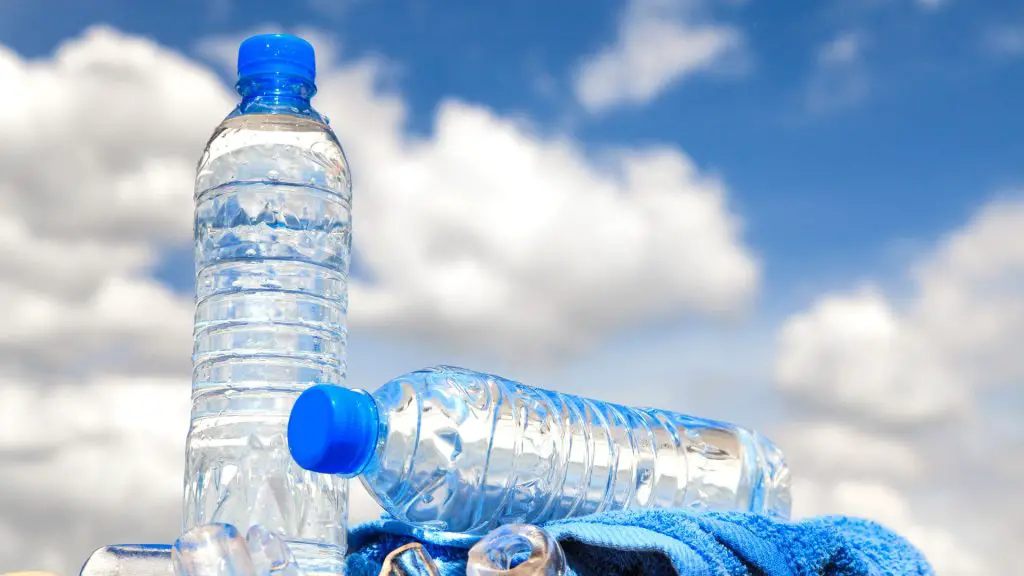
Unopened bottled water is typically safe to drink for an extended period as long as it has been stored properly. Most bottled water manufacturers generally recommend that unopened water be consumed within 1-2 years of the bottling date. However, the exact shelf life can vary depending on a few factors.
One of the critical factors that can affect the shelf life of unopened bottled water is the type of water it contains. For example, some types of mineral water may have a longer shelf life than purified or spring water, as they may contain natural preservatives that can help keep the water fresh.
Another factor that can affect the shelf life of unopened bottled water is the type of container it is stored in. Plastic bottles are more susceptible to damage and may not be able to withstand temperature fluctuations, as well as glass bottles. This can cause the plastic to degrade over time and lead to chemical release into the water.
Temperature is also an essential factor to consider when storing unopened bottled water. Water stored at high temperatures can be more susceptible to the growth of bacteria or other microorganisms, which can cause the water to degrade more quickly. In general, it is recommended that unopened bottled water be stored in a cool, dry place away from direct sunlight and heat sources.
It’s important to note that the expiration date on a water bottle does not necessarily mean the water has gone wrong or is unsafe to drink. Instead, the expiration date indicates how long the manufacturer believes the water will retain its quality and taste.
In many cases, unopened bottled water can still be consumed safely for several months or even years beyond the expiration date as long as it has been stored properly.
However, it’s always a good idea to inspect the bottle before drinking the water, particularly if it has been stored for an extended period. Look for any signs of damage or degradation, such as cracks or discoloration, and check for strange smells or flavors. If the water appears contaminated or degraded in any way, it is best to discard it and choose a fresh bottle.
In summary, unopened bottled water can last for an extended period if it is stored properly and the bottle is not damaged. While the exact shelf life can vary depending on a few factors, most bottled water manufacturers recommend consuming unopened water within 1-2 years of the bottling date. Always inspect the bottle before drinking the water to ensure it is safe to consume.
How Long Can Bottled Water Sit Out After Opening?
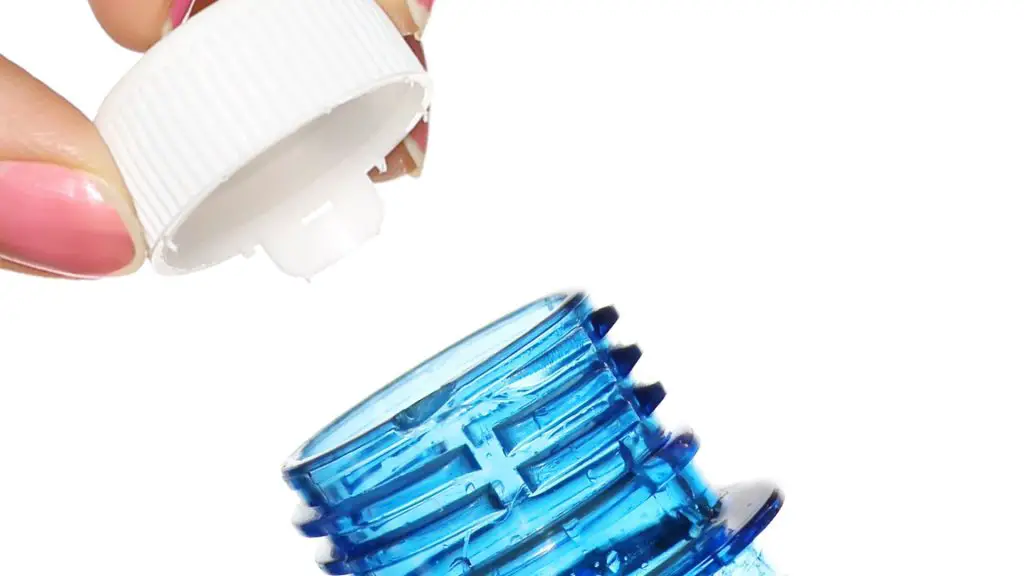
When drinking bottled water, many people wonder how long it can safely sit out after being opened. Unlike unopened bottled water, which has a long shelf life, opened bottled water is exposed to air and potential contaminants, affecting its quality and safety.
The general consensus among experts is that opened bottled water should be consumed within 1 to 2 days. This timeframe ensures that the water is still fresh and safe to drink. After 2 days, the water may develop an off taste or odor, indicating that bacteria or other contaminants are present.
It’s important to note that this timeframe is only an estimate and can vary depending on several factors, such as the type of water, the storage conditions, and whether or not the water has been exposed to any contaminants.
When bottled water is opened and exposed to air, it can absorb flavors and odors from its surroundings. This can result in a change in taste or smell that some people may find unpleasant. Additionally, if the water is not stored correctly or is exposed to contaminants, it can become cloudy or discolored.
Another concern with opened bottled water is the potential for bacterial growth. Although bottled water is typically free from bacteria when it is bottled, it can become contaminated after being opened. Bacteria can proliferate in warm or humid conditions, so storing opened bottled water in a cool, dry place away from direct sunlight is essential.
To summarize what has been said, opened bottled water should be consumed within 1 to 2 days for optimal freshness and safety. Proper storage and handling can help to minimize the risk of contamination and ensure that the water remains safe to drink.
Conclusion
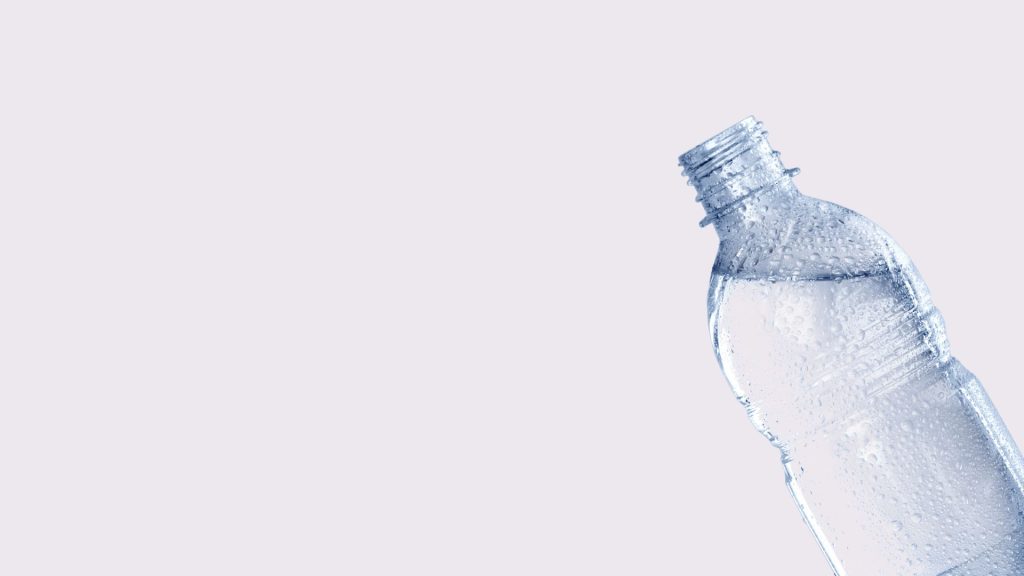
The main question addressed in the article is the shelf life of bottled water, specifically after it has been opened. It is important to understand the shelf life of bottled water to avoid any potential health risks that may arise from drinking contaminated water.
The article discusses the factors that can affect the shelf life of bottled water, including the type of bottle, the environment it’s stored in, and exposure to light. The expiration date on bottled water indicates when the manufacturer believes the water will begin to lose its quality and taste, but it’s not a guarantee of safety or quality.
Additionally, the article discusses the risks of drinking contaminated water and how to avoid contamination by proper handling, storage, and choosing bottled water certified by reputable organizations.
